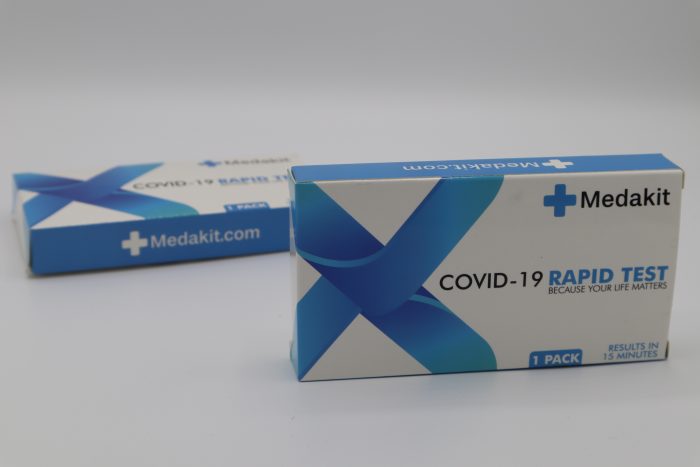Fully Federally Funded Covid-19 Testing


The Partnership on Inclusive Apprenticeship released a guide on “Creating Inclusive Virtual & Hybrid Apprenticeships: What Apprentice Learned During COVID-19.” This guide discusses how Apprentice, a technology apprenticeship intermediary, successfully transitioned to a 100% virtual environment during the COVID-19 pandemic. Their experience shows how apprenticeship programs can actively transform their business models to recruit and support apprentices with disabilities. The guide offers valuable insights, approaches and lessons learned to help other organizations shift to remote work. Read “Creating Inclusive Virtual & Hybrid Apprenticeships: What Apprentice Learned During COVID-19” here.
The Department of Human Services’ (DHS) Office of Long-Term Living (OLTL) published a notice in the November 6, 2021 Pennsylvania Bulletin that announces a change in the fee schedule rates in the OBRA waiver and the Act 150 Program for Personal Assistance Services (PAS) procedure codes W1793, W1793 TT, W1792, and W1792 TU. Comments on these changes to the fee schedule rates will be accepted and should be sent to the Department of Human Services, Office of Long-Term Living, Bureau of Policy Development and Communications Management, P.O. Box 8025, Harrisburg, PA 17105-8025.
Comments can also be sent virtually. The public comment period ends on December 6, 2021. Comments received within the 30-day comment period will be considered in subsequent revisions to the fee schedule.
Message from the Office of Long-Term Living (OLTL):
This communication is a reminder that the Office of Long-Term Living (OLTL) is allowed to continue available temporary changes to the CHC waiver, OBRA waiver, and the Act 150 Program under Appendix K, Emergency Preparedness and Response, until six months after the end of the federal public health emergency related to COVID-19.
On October 15, 2021, the federal public health emergency was extended by 90 days; however, it’s possible the federal government will decide to extend the emergency further. Please visit this public health emergency website to see the current and future public health emergency declarations related to COVID-19. OLTL will issue guidance in the future when the Appendix K flexibilities are closer to expiring.
For further information on the available OLTL Appendix K flexibilities, please visit the OLTL Resources page. If you have questions about the information, please contact the OLTL Provider Helpline at 1-800-932-0939.
Having a mental health condition such as depression, anxiety, or a substance use disorder (SUD) can negatively impact one’s oral health, and conversely, poor oral health can create or exacerbate problems with mental health, cognitive health, and/or substance use. RCPA President & CEO Richard S. Edley, PhD, along with other members of the OH/BH Integration Technical Expert Panel, have developed an OH/BH Integration Framework, which includes new and innovative care models designed to enable providers and organizations to start wherever they feel comfortable.
No comprehensive set of resources currently exists to help health organizations that may be interested in more coordination or integration across oral, mental health, and substance use treatment services specifically. This toolkit, which has been finalized since the draft release in September, seeks to help oral health and behavioral health providers and organizations increase coordination and integration by offering practical suggestions, resources, strategies, and on-the-ground examples for implementation of new care models across a continuum, ranging from cross-sector provider and patient education to full system integration. It provides innovative examples from leading-edge programs across the country about how to re-engineer traditional care pathways, especially given broader adoption of telehealth.
Please find the official version of this framework here.
